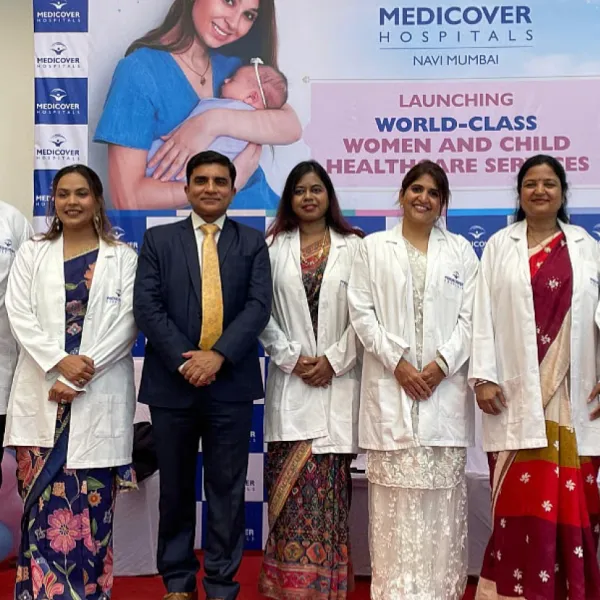Indian Armed Forces Conduct First 3D Microscope-Assisted Glaucoma Surgery

The system features a 55-inch 4K UHD monitor displaying magnified, real-time 3D images, with surgeons and assistants using specially designed 3D polarisation glasses for enhanced depth perception.
In a groundbreaking advancement for the Indian Armed Forces, the Department of Ophthalmology at Army Hospital (Research and Referral), New Delhi, has successfully performed a minimally invasive glaucoma surgery (MIGS) using an advanced 3D visualisation system.
This marks the first time such a high-tech surgical approach has been executed within the military healthcare system, establishing a new benchmark for ophthalmic care in India.
The three-dimensional microscope visualisation system deployed during the surgery offers surgeons a remarkable depth of field and clarity.
The system features a 55-inch 4K ultra-high-definition (UHD) monitor displaying magnified, real-time 3D images, with surgeons and assistants using specially designed 3D polarisation glasses for enhanced depth perception.
Unlike traditional microscopes that rely on direct eyepiece viewing, the system improves ergonomics significantly during lengthy procedures.
According to a statement from the Ministry of Defence, the advanced 3D visualisation system is highly beneficial for a range of ophthalmic surgeries, including treatments for squint, cataract, corneal issues, glaucoma, and retinal problems.
Clinical advantages offered by the system include reduced surgical time and complication rates due to enhanced visualisation, decreased illumination requirements leading to reduced photo-toxicity risks, and improved handling of complex and rare eye conditions.
Additionally, feedback from early users highlights higher satisfaction scores among surgeons and nursing staff, credited to better ergonomics, clearer intraoperative visualisation, and smoother teamwork during procedures.
Dr Tanuj Dada, Professor of Ophthalmology and Head of Glaucoma Services at RP Centre for Ophthalmic Sciences at All India Institute of Medical Sciences (AIIMS), New Delhi, said recently that early detection of glaucoma, which often presents no symptoms, is crucial. If left undetected, it can lead to vision loss and blindness.
People at risk of developing glaucoma include those with "diabetes, hypertension, and any family member with glaucoma”.
“People using steroids, creams, eye drops, tablets or inhalers or have had any eye injury are also at high risk of developing this disease,” the ophthalmologist said.
Recently, the Army Hospital (Research & Referral) in Delhi Cantonment achieved a significant milestone by performing India’s “first-ever” Left Ventricular Assist Device (LVAD) implantation using the advanced HeartMate 3 device at a government institution.
Stay tuned for more such updates on Digital Health News.
Stay tuned for more such updates on Digital Health News
































